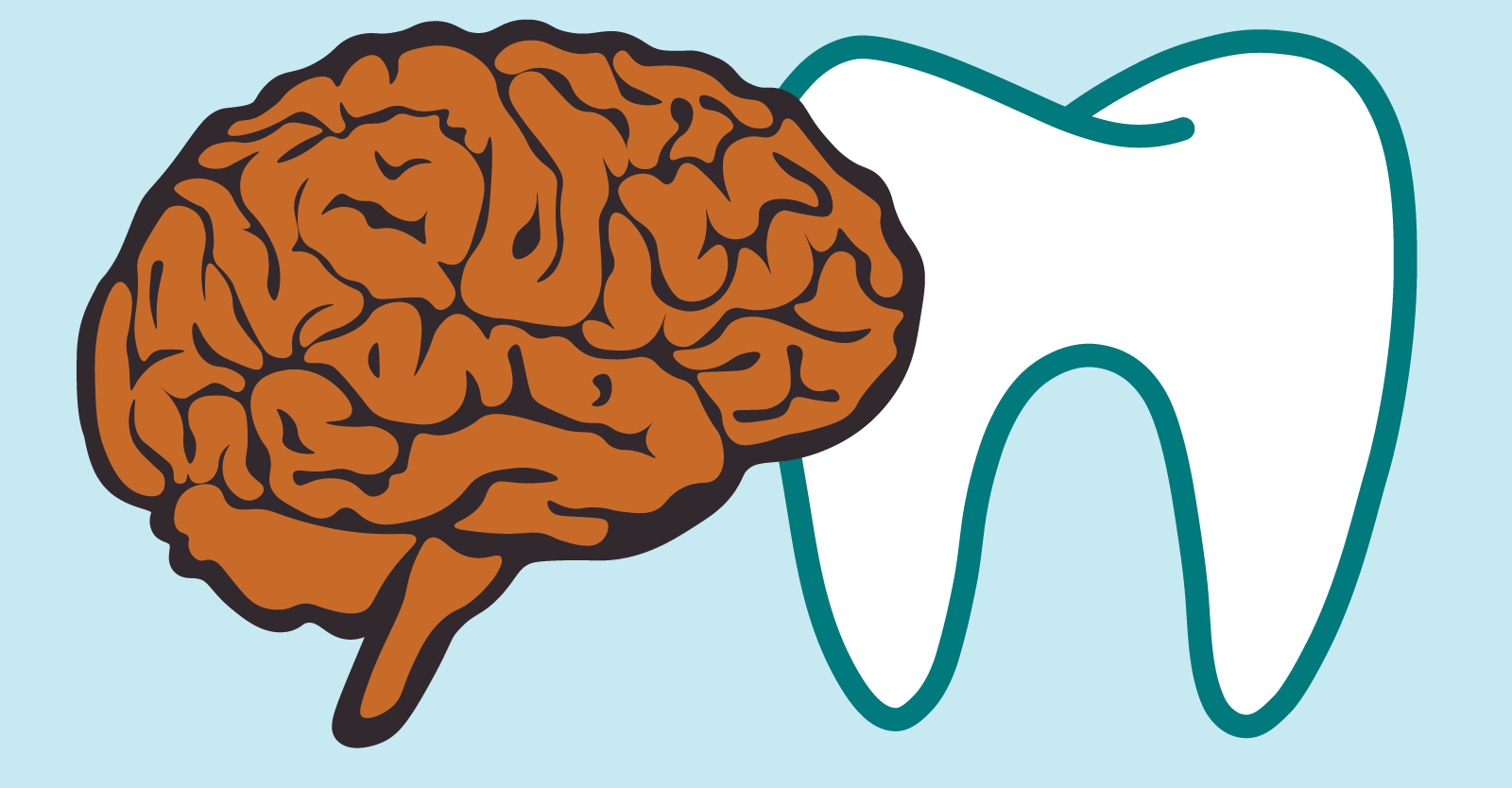
At NCOHC, we see integrated care structures at the center of a more equitable, accessible health care system. Oral health is an important part of a person’s overall health, and our bodies benefit most when our medical and dental needs are met in a “whole-body” approach.
The same goes for mental health, another often siloed health care practice. Not only do our medical, dental, and mental health needs overlap, but deficiencies in any of the three can have serious impacts on the rest of our bodies.
Oral Health and Mental Health: A Two-Way Street
Many social determinants of health have significant impacts on both oral and mental health. For example, while food access has well-documented impacts on oral health, it also affects mental health. One study conducted during the COVID-19 pandemic found a 257 percent higher risk of anxiety and a 253 percent higher risk of depression among food-insecure individuals.
The same goes for economic stability. Societal forces like income, housing, and transportation that can prevent someone from accessing oral health services often carry negative mental health consequences as well.
The comedian Moses Storm discussed his own poverty in his recent HBO Max special, saying that “poverty is a disease, and its most sinister symptom is fear. It’s something that I carry with me to this day… It’s no revelation that poverty is a major stressor, and we know that chronic stress causes damage to the cerebral cortex, the part of your brain that’s in charge of risk/reward, long-term planning.”
Can Oral Health Affect Mental Health?
Oral health itself can impact mental health, too. Poor oral health is strongly associated with fear, anxiety, and shame. Among children, untreated tooth decay can lead to school absenteeism, learning deficiencies, and difficulty socializing and making friends. Among adults, similar impacts can be seen maintaining employment, relationships, and more.
Similarly, people living with mental illnesses like anxiety and depression can face difficulty maintaining daily routines. This and other effects of mental illnesses, such as excessive smoking or drinking as coping mechanisms, impact oral health.
A 2016 article in the Canadian Journal of Psychiatry discussed the fact that “many psychiatric disorders, such as severe mental illness, affective disorders, and eating disorders, are associated with dental disease.”
The bottom line is that poor oral health and mental illnesses are often, in a way, symptoms of each other, results of a network of stressors, barriers to care, and societal factors that many people face. As such, they are intertwined, both impacting each other in many ways.
According to Storm, “Basically all the tools that get you out of poverty get damaged by being poor.”
That sentiment is reflected by the compounding effects of poor health, and poor health and poverty are also intertwined in this kind of feedback loop.
The Need for Systems-Level Change
Whether brushing teeth and visiting the dentist to improve oral health or adopting mindfulness routines and seeking behavioral health care to improve mental health, self-care routines are vital. But, the burden of improvement can’t always be placed on the individual.
Many of the societal factors that impact mental health are structural in nature. While they are important, meditation sessions, mindfulness routines, and daily walks must be accompanied by structural improvements to health care access, income, affordable housing, transportation, and so much more.
The same goes for oral health, and health care in general. Too many people simply cannot access the care they deserve. Solving this problem is one of the most important things health care professionals can do to improve and ultimately save lives.
NCOHC, a program of the Foundation for Health Leadership & Innovation, works to advance systems-level changes, improving the overall health and well-being of all North Carolinians by increasing access and equity in care. To stay up-to-date and get involved, join us today as a North Carolinian for Change.


